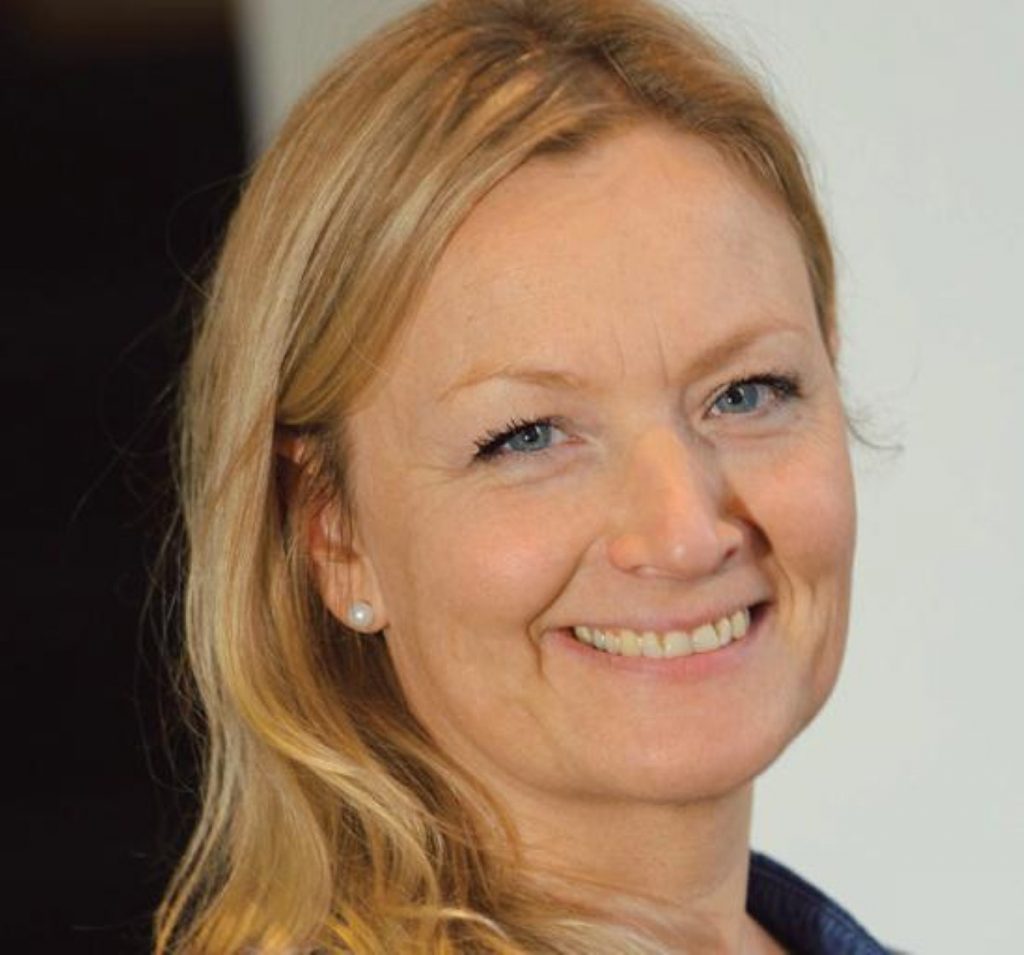Comment: Women’s rights are at risk from our complacency
By Thilde Knudsen
Spain is about to criminalise abortion; politicians in the UK repeatedly attempt to reduce the 24-week limit; and today in Brussels, parliamentarians are examining an initiative that if successful would block European Commission development funding for maternal health.
Working for sexual and reproductive health charity, Marie Stopes International, I know that every day 800 women die during pregnancy or childbirth, and 99% of these women are from the developing world. This is why the international community identified maternal health as one of the eight millennium development goals and why the European Union apportions development funding to maternal health each year.
But the One Of Us initiative, which aims to block European Commission funding for any activities that involve the destruction of the human embryo, would adversely affect development aid to maternal health projects. The projects at risk enable women in developing countries to make life-saving choices over their fertility. They help young women delay pregnancy until they are physically developed to safely deliver. They give mothers time to recover before giving birth to their next child.


Data proves that the initiative is sadly misguided. Restricting safe abortions through similar interventions like the global gag policy in America does not lead to lower abortion rates, it just pushes it underground. The only proven way to reduce the number of abortions is through access to modern contraception and sexuality education, both of which could be adversely affected by the One Of Us initiative.
Today, it is estimated that roughly half of all women living in developing countries do not have access to adequate basic maternal health care and that 220 million have an unmet need for family planning. The consequences of this include almost 300,000 preventable maternal deaths every year. Millions of women are affected by debilitating injury such as obstetric fistula. And poverty and disempowerment are perpetuated as women are unable to delay childbearing or to choose their family size. This is why continued EU support for maternal health and family planning is essential.
The European Commission currently spends an estimated 121.5 million euros per year on maternal health and family planning – equivalent to approximately 1.3% of the funding gap to meet the unmet need for maternal health and family planning.
Thankfully, One Of Us is unlikely to achieve its aims. The initiative which celebrated its 1.8 million signatures with much fanfare is in reality just over a quarter of one percent of the population of Europe. Critics have also pointed out that the way European Citizen initiatives are structured give an advantage to large organisations, like the Catholic Church, to mobilise their supporters.
However, this is not a green light for complacency. On the contrary, it should be a warning to everyone who believes in women’s rights that we have been silent too long.
In Europe, women are often deemed to have achieved equal rights. Since the 60s, when women's liberation movements stood up and called for sweeping changes to access to equal pay, divorce and abortion, the passionate demonstrations, speeches and rallies have gradually gone quiet. Today many young women would never dream of calling themselves a feminist.
Yet our complacency is proving to be very dangerous, as the hard-won rights our mothers fought for are slowly being chipped away. Who would have predicted that Spain would be bringing in a draconian bill to end women's rights to safe abortion, making it one of the most restrictive countries in Europe? If Spanish prime minister, Mariano Rajoy has his way, abortion will be illegal except in the case of rape or when there's a risk to the physical and mental health of the mother. Women could soon be resorting to the same dangerous methods they relied on decades ago: seeking out backstreet abortions or attempting to end the pregnancy themselves.
Just outside Europe's borders, in Turkey, where abortion was legalised in 1983 because of the high numbers of deaths by backstreet abortions, health professionals and human rights activists have warned a new law just passed will make it impossible for women in the country to gain access to legal abortions.
While movements like One of Us are attempting to erode women's rights and mislead European citizens about the importance and value of our development assistance and maternal healthcare, we need to make our voices heard and Make Women Matter. There is an urgent need for the global community to work together in meeting the funding gap in full in order to save and transform the lives of millions who live in poverty. Europe must stand for access to the whole range of sexual and reproductive services – including access to safe abortion when needed – here at home in Europe, and in partnership with other governments around the world.
Thilde Knudsen is the Head of Marie Stopes International’s Europe Office and works with the European Parliament Working Group on Reproductive Health, HIV/AIDS and Development.
The opinions in politics.co.uk's Comment and Analysis section are those of the author and are no reflection of the views of the website or its owners.









